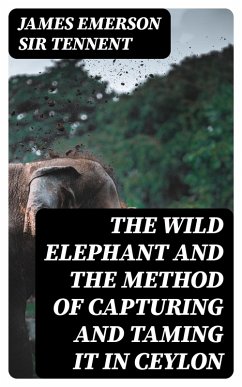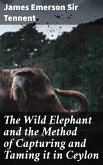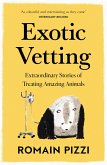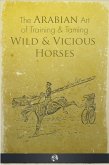In "The Wild Elephant and the Method of Capturing and Taming it in Ceylon," James Emerson Sir Tennent combines meticulous observation and rich narrative to explore the ethology of elephants in their natural habitat. Written during the British colonial period, the book stands out for its unique blend of scientific inquiry and vivid storytelling, reflecting the tension between exploitation and conservation prevalent during the 19th century. Tennent's detailed accounts of the methods employed to capture and tame these majestic creatures provide crucial insights into both the cultural practices of Ceylon and the impact of colonialism on indigenous wildlife. James Emerson Sir Tennent was a prominent figure in the study of Ceylon's natural history, serving as a colonial administrator and naturalist. His experiences in Ceylon, combined with his appreciation for the region's biodiversity, inspired his comprehensive research on elephants, illuminating both their significance in local culture and the implications of human intervention. Tennent's commitment to understanding nature through empirical observation positions him as a pioneering figure in the field of zoology. This book is a must-read for anyone interested in zoology, colonial history, or the intricate relationship between humans and wildlife. Tennent's evocative prose and scientific rigor provide a timeless reflection on the beauty and challenges of understanding and coexisting with nature. Readers will find themselves captivated by his insights and the compelling narrative that unfolds.
Dieser Download kann aus rechtlichen Gründen nur mit Rechnungsadresse in A, B, BG, CY, CZ, D, DK, EW, E, FIN, F, GR, H, IRL, I, LT, L, LR, M, NL, PL, P, R, S, SLO, SK ausgeliefert werden.









